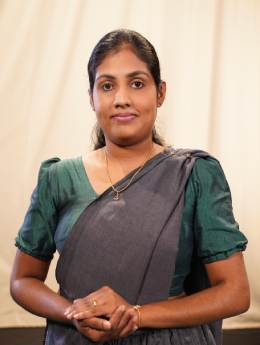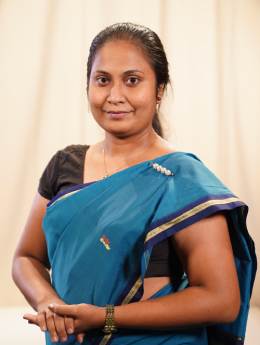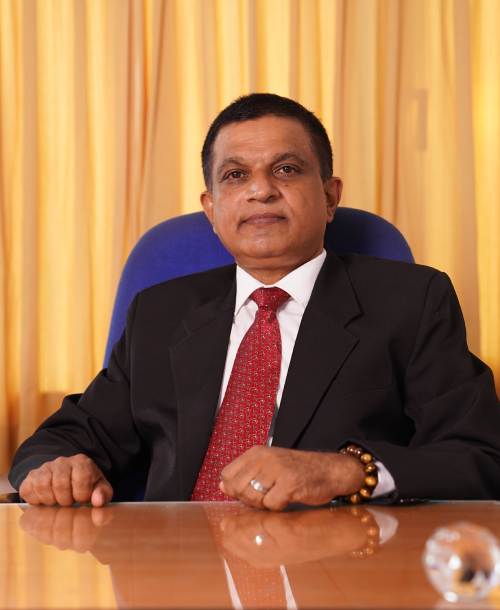What we do
The Department of Technical Education (DoTE) develops curricula for the junior secondary, senior secondary (ordinary level) and senior secondary (advanced level) stages of general education in Sri Lanka. In other words, DoTE offers several subjects from grades 6 to 13 namely Technology for life for grades 6 – 9, Design and Engineering Technology, Agriculture and Food Technology, Home Economics, Design and Artistic Products Technology, and Aquatic Bio Resources Technology for grades 10 – 11. In addition to that, Engineering Technology (ET), Biosystems Technology (BST), Science for Technology (SFT), Agricultural Science, and Home Economics are offered for grades 12 and 13.
The department has five laboratories facilitating practical works of Engineering Technology, Biosystems Technology, Science for Technology, Food Technology, and Home Economics.
The department’s staff in terms of academic and non-academic members who work hard are committed to achieving the aim of the department.









Technical Assistant I

Management Assistant II

Management Assistant II

Office Aide III

Director, Dept. of Technical Education